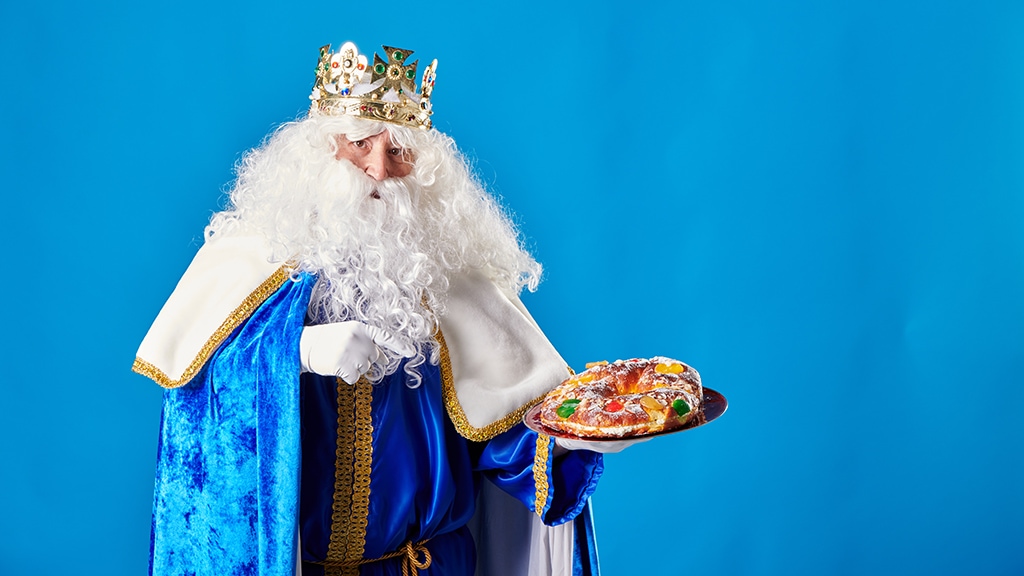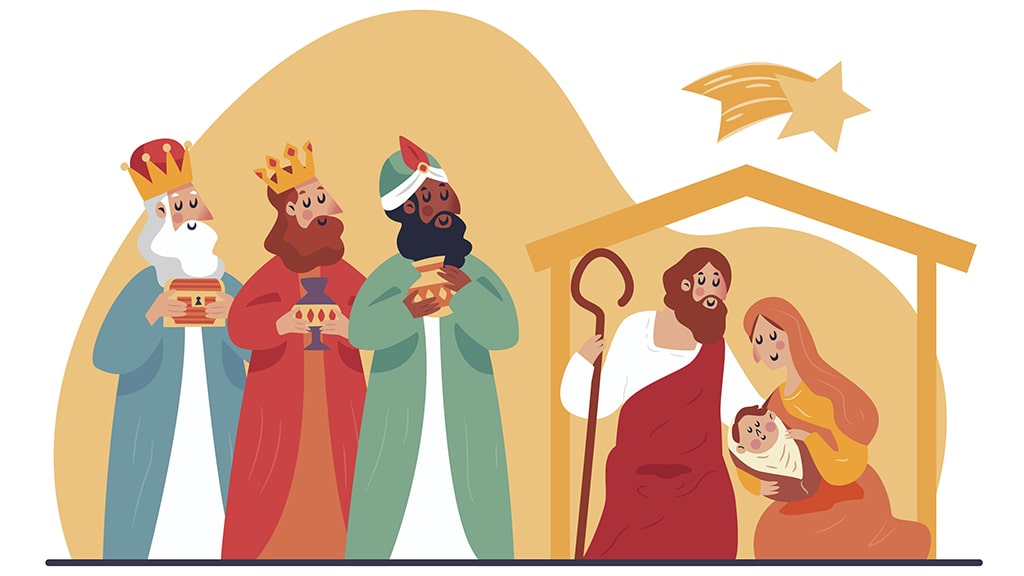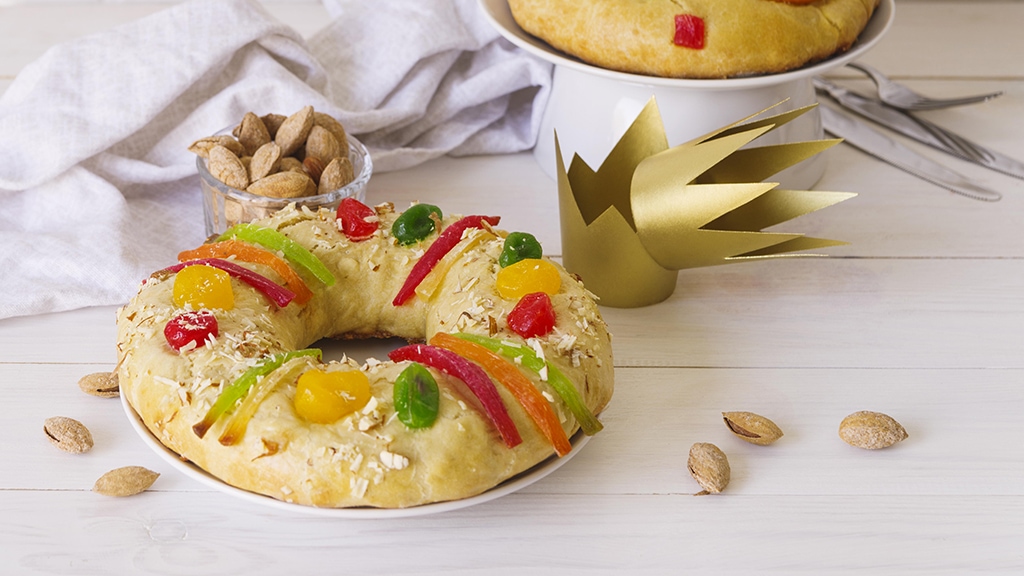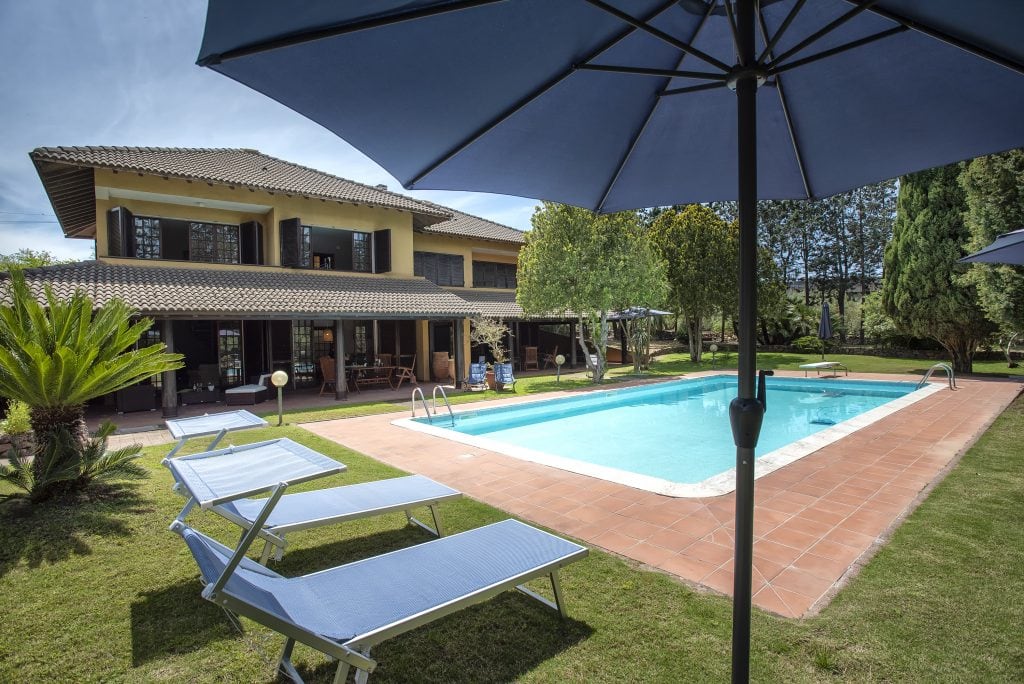Epiphany in Sardinia amid ancient traditions and local cults

Did you know that Epiphany in Sardinia is different from the rest of Italy? It is celebrated according to very particular local traditions that derive from its Catalan origins.
Throughout Italy, Epiphany is celebrated on 6 January and is one of the holidays that children most look forward to because of the rich spoils of toys and sweets received from the Befana.
Today, this feast is celebrated in more or less the same way throughout the country, with the exception of a few places that enrich the tradition by adding local variations.
Among these places is Sardinia. In particular, it draws some customs from the Catalan tradition as evidence of its Iberian origins.
Epiphany Origins
First of all, Epiphany is not an originally Sardinian festivity, but there is evidence that it has been celebrated in Sardinia at least since the Middle Ages. But it had nothing to do with the Befana.
There is the Carta de logu that is a collection of laws in the Sardinian language, the first version of which we know of was transcribed during the 1300s. Today we can read in Eleonora D’Arborea‘s version a reference to Epiphany referred to as “Sa Pasca Nuntza”, the feast dedicated to the Three Kings.

In the Christian world, in fact, the old woman on the broomstick bringing sweets or coal to children is not the protagonist of the celebration. Ten days after Christmas, on 6 January, we remember the episode described in the Gospel of Matthew concerning the arrival of the Three Kings at the Bethlehem Grotto.
Having departed from their faraway land, they brought gold, frankincense and myrrh as gifts for the Child Jesus.
Catalan tradition is still very attached to this feast day, so much so that even today, 6 January in Barcelona is celebrated with a festive parade of the Three Kings.
The dessert of kings
Part of the cultural heritage that the Spanish domination poured over Sardinia is still part of the local culture. No parades for the Wise Men are organised on the island, but the special ritual of preparing a cake dedicated to the Kings, “el roscón de Reyes”, is still practised today.
It takes 10 days to prepare the Dessert of Kings
This is a cake with dried fruit and raisins with a very long rising time. The ingredients are divided into groups and added to the dough on different days at set intervals. After 10 days, the cake can be baked and the result is an indescribably high and fluffy leavened good.

Between the Catalan and the Sardinian cake, there is only one small difference.
In the cake that is still baked in Spain, a small figurine representing one of the Three Wise Men and a bean are added to the dough. On 6 January, whoever finds the figurine in their slice receives a wish for good luck and prosperity throughout the year. Whoever finds the bean is asked to buy the cake for the coming year.
In Sardinia, on the other hand, three legumes are added to the dough: a bean, a chickpea and a broad bean. Whoever finds the legumes in their slice will have a prosperous harvest throughout the year.
Lastly, there is another tradition for Epiphany that in Italy is only found in Sardinia and involves children: the singing of “sos tres rese”.
The singing of “Sos Tres Rese”
Apparently, in Sardinia, starting with Halloween, every occasion is good for “Trick or Treat”? It is done on 31 October, it is done at Christmas and it is also done at Epiphany.
On 6 January, children knock on doors asking permission to sing the song of the three kings in exchange for sweets, dried fruit and coins to keep. If you happen to be on holiday on the island at this time, make sure you are at home and take care to dispense enough sweets. On pain of this, the children will sing an ominous song that will haunt you all year round.
Today, these fantastic traditions are not celebrated as they once were throughout Sardinia, but they persist in some places, especially in the north. In particular Ittireddu, Ozieri, Bonnanaro and Alghero are very attached to these folkloric customs.
Holidays and Epiphany in Sardinia, where to stay
North Sardinia is undoubtedly the part of the island most associated with winter holiday traditions. To fully experience the local culture, choose an accommodation that allows you to reach all the places of cultural interest in a short time and create unforgettable memories of a magical holiday.

